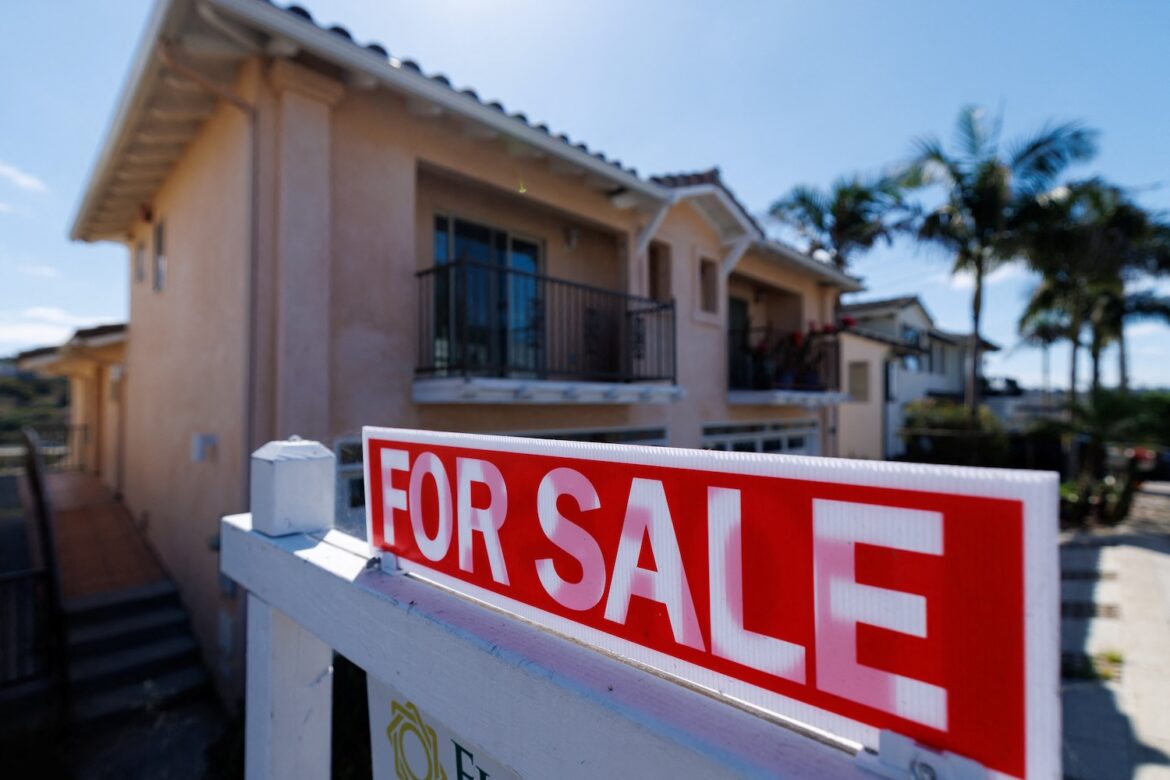Soaring housing prices are quietly but powerfully discouraging young people from getting married, starting families or having more children. If you can’t afford a home, it’s easy to doubt whether you can offer your children a stable, secure life. That doubt becomes a practical barrier to family formation and, ultimately, to the flourishing of society itself.
According to the Institute for Family Studies (IFS), nearly 80% of adults under age 55 say their ideal home is a detached, single-family house. Among those who do not currently own a home but want more children, 90% also say they want to own a home. Housing insecurity is nudging many young adults into cohabitation instead of marriage — a statistically riskier path for long-term relational stability.
If, as the church teaches, the family is the fundamental building block of a healthy society, then we cannot ignore how economic structures, especially the cost of housing, influence family life. Creating a culture that supports marriage and children requires more than cultural change. It also demands material conditions that make family formation possible.
Fortunately, a movement is gaining ground that offers a hopeful way forward. Strong Towns, a nonprofit founded by Catholic civil engineer Charles Marohn, is working to reverse the decline of local communities by making them more resilient, more livable and more affordable. Their six-point plan to improve housing affordability can be a blueprint for Catholics looking to revitalize family life through local action.
The Family as Foundation
The church calls the family the “domestic church,” with mother, father and children forming the basic unit of Christian community and of civilization itself. A society is, in essence, a family of families. Without families willing and able to welcome new life and raise children well, there is no future.
Yet our social structures often undermine rather than support family well-being. While many Catholics rightly emphasize the importance of family culture — reclaiming Sunday as a day of rest, limiting screen time, sharing meals — we ignore economic pressures at our peril. Without addressing issues like taxation, employment, gambling, and, most urgently, housing, we risk leaving families without the material foundation they need to thrive.
One striking indicator is the changing profile of first-time homebuyers. In 1991, the average first-time buyer was 28 years old. Today, that age has climbed to 38, according to the National Association of Realtors. One reason is cost: the median price of a new home is now around $450,000, and an existing home is $422,400. The Federal Reserve Bank of Atlanta reports that in many cities, owning a median-priced home now consumes over 100% of a household’s after-tax income.
Multiple forces are driving these costs: A shortage of housing stock, lack of new construction, homes being converted into short-term rentals, and rising competition from institutional investors. Some states are even considering legislation to block out-of-state corporate buyers from snapping up homes.
Housing Affordability vs. Affordable Housing
When people hear “housing crisis,” many think only in terms of “affordable housing,” typically government-subsidized units for low-income families. While necessary in some cases, this approach doesn’t address the broader issue: middle-class families being priced out of homeownership altogether. These families lack organized advocacy and are often ignored in policy debates.
That’s where the principle of housing affordability comes in. It’s about keeping working families out of poverty in the first place, allowing upward mobility, and enabling the kind of stability needed to raise children. This effort has fewer vocal champions because it doesn’t serve concentrated financial interests. But the church, committed to the dignity of the family, can step into this gap.
A Catholic Moment for Civic Renewal
The Strong Towns plan offers six concrete proposals for local action:
1) Allow single-family homes to be converted into duplexes or triplexes by right.
2) Permit backyard cottages (ADUs) in all residential zones.
3) Legalize “starter homes” (smaller, simpler houses) in all residential areas.
4) Eliminate minimum lot size requirements.
5) Repeal parking mandates for residential development.
6) Streamline permitting for home conversions, ADUs, and starter homes — approvals within 24 hours.
Marohn emphasizes subsidiarity — a core Catholic principle that decisions should be made at the most local level possible. While statewide reform may be necessary in some cases, Catholics can begin working at the parish, neighborhood and city levels to advocate for these changes. It’s also a powerful way to build relationships and civic trust in polarized times.
Housing is not just an economic issue. Housing is a family issue, a community issue and a moral issue. If we want to renew family life, we must ensure families have a place to grow. The church’s voice in this conversation is sorely needed. Let’s take our cue from Strong Towns and begin rebuilding the domestic church, one home at a time.
Jason Adkins is host of Our Sunday Visitor podcast “Catholic in America,” which explores topics related to the missionary imperative of faithful citizenship in our time. You can find “Catholic in America” on the major podcast platforms or visit catholicinamerica.osvpodcasts.com.




